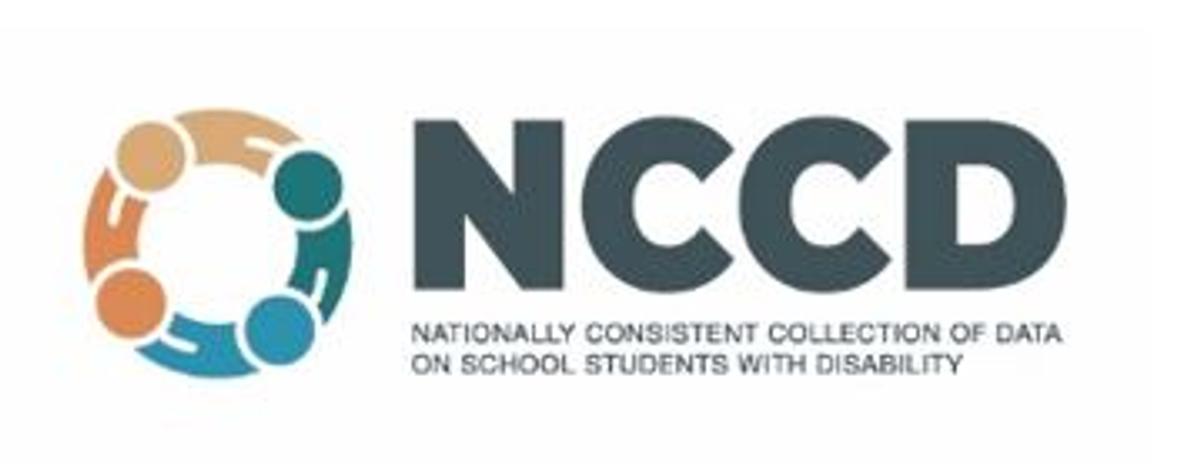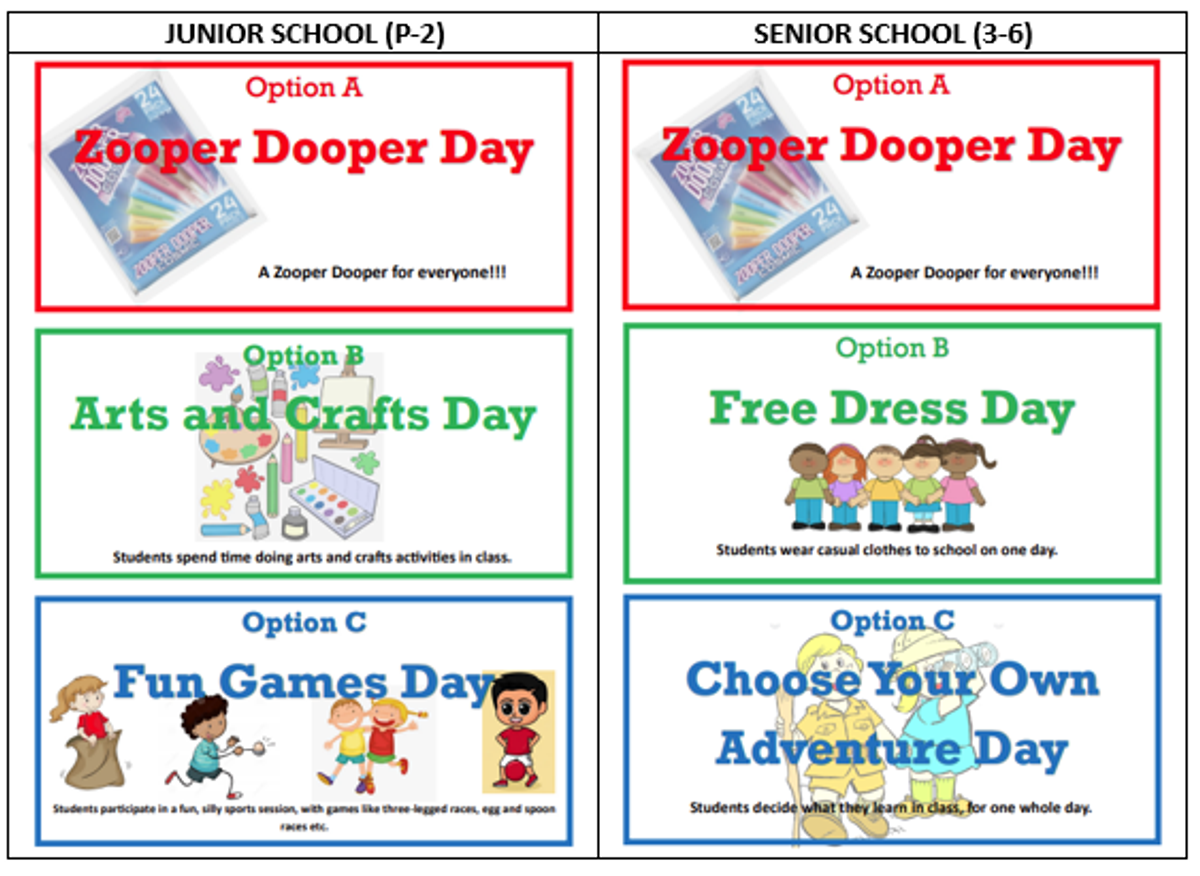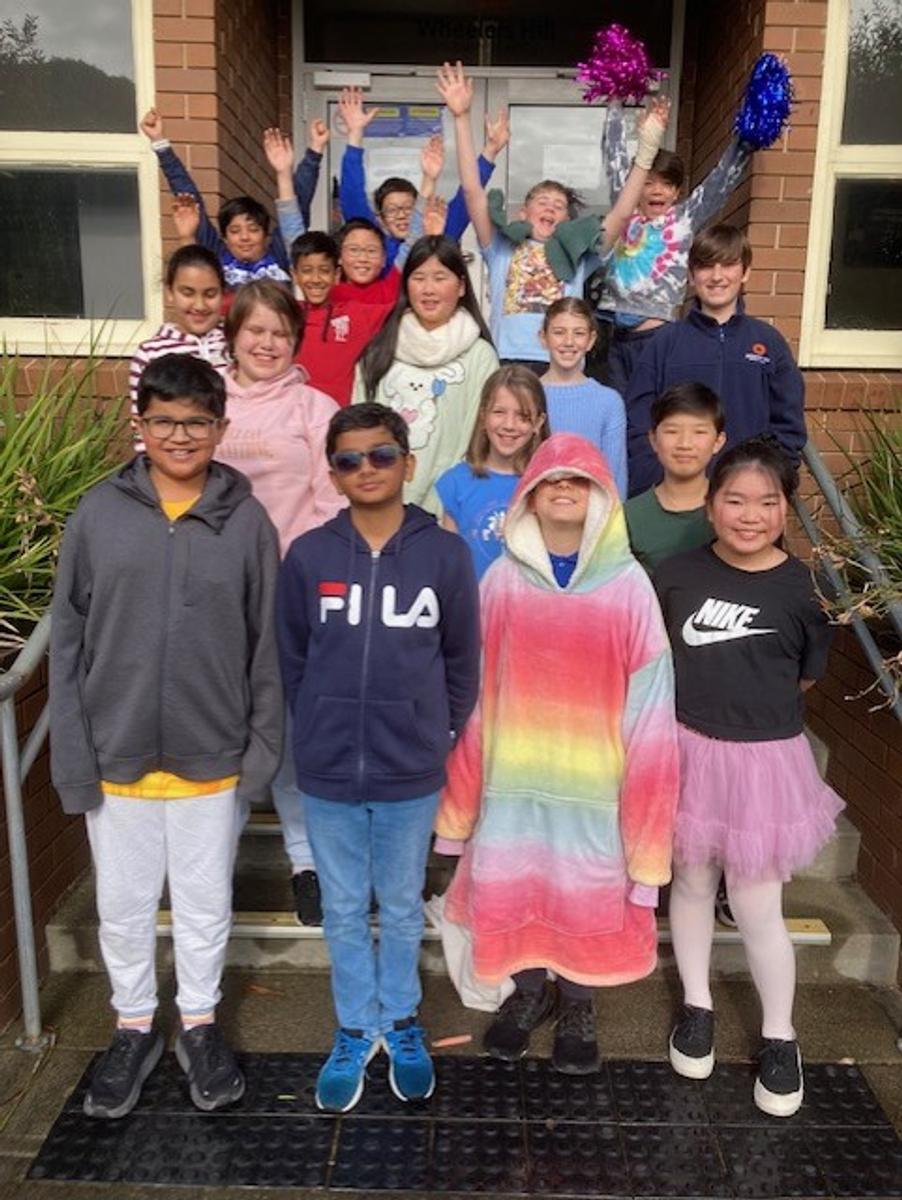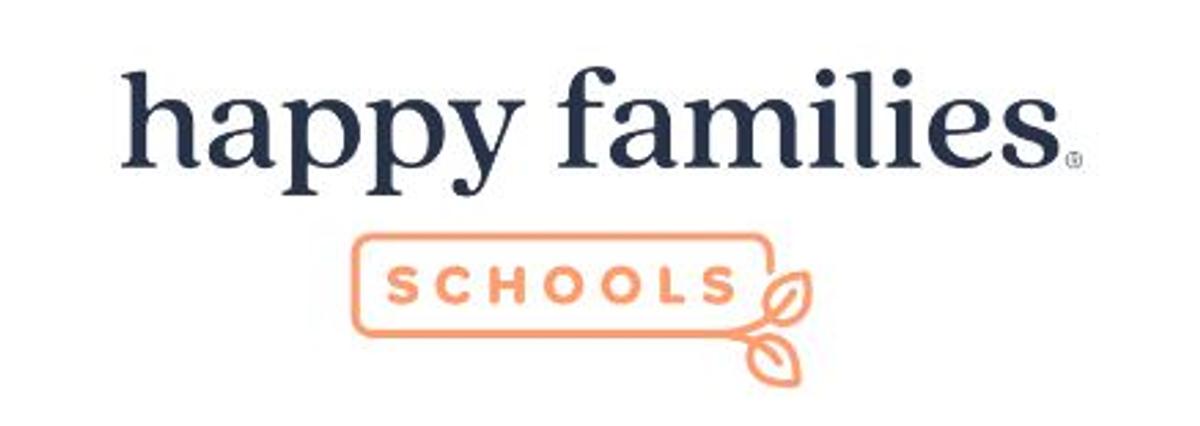Assistant Principal Katrina Spicer - Wellbeing
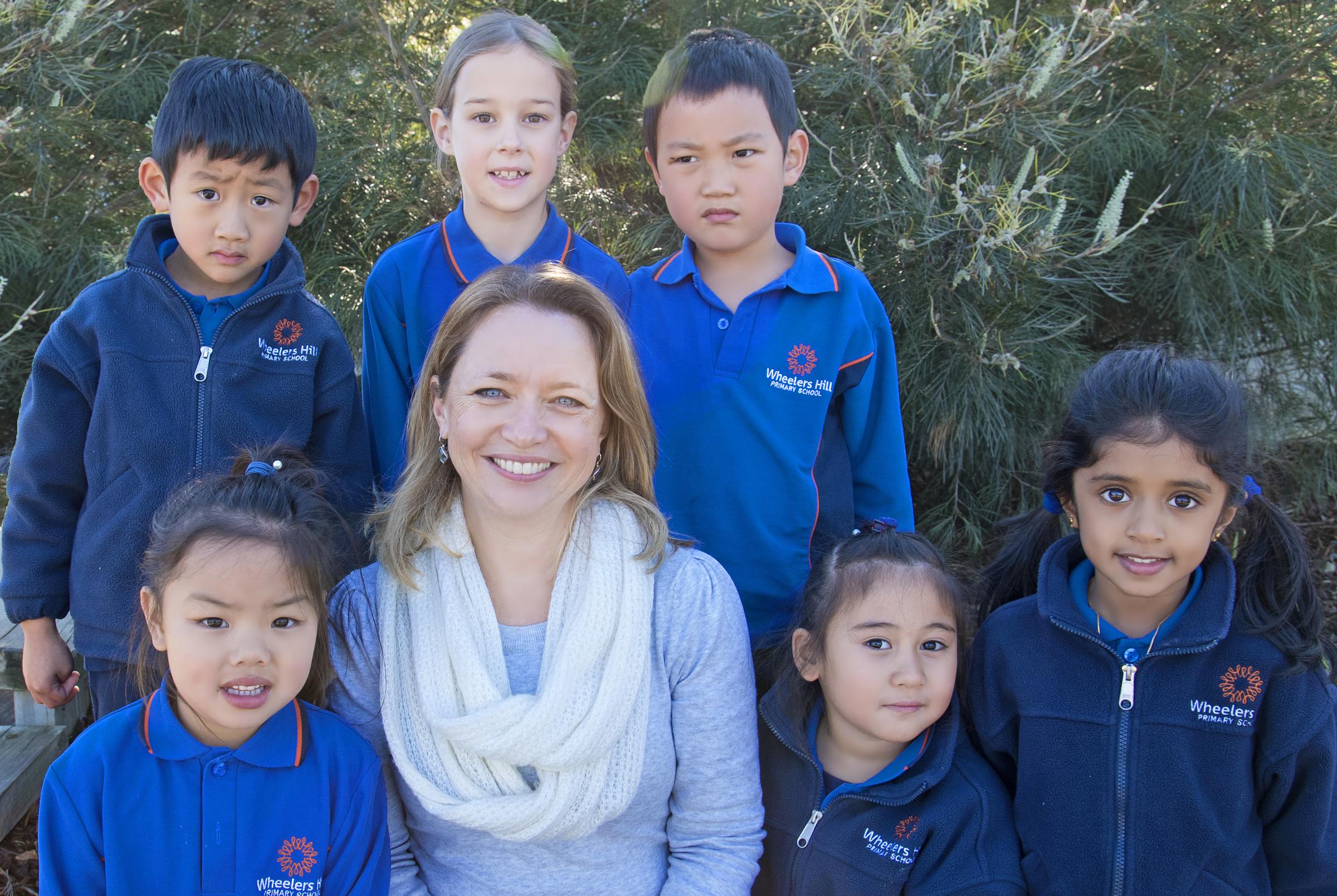
21st July 2023
NATIONALLY CONSISTENT COLLECTION OF DATA FOR STUDENTS WITH DISABILITY
Every year, all schools in Australia participate in the Nationally Consistent Collection of Data on School Students with Disability (NCCD). The NCCD process requires schools to identify information already available in the school about supports provided to students with disability. These relate to legislative requirements under the Disability Discrimination Act 1992 and the Disability Standards for Education 2005, in line with the NCCD guidelines (2019).
Information provided about students to the Australian Government for the NCCD includes:
- year of schooling
- category of disability: physical, cognitive, sensory or social/emotional
- level of adjustment provided: support provided within quality differentiated teaching practice, supplementary, substantial or extensive.
This information assists schools to:
- formally recognise the supports and adjustments provided to students with disability in schools
- consider how they can strengthen the support of students with disability in schools
- develop shared practices so that they can review their learning programs in order to improve educational outcomes for students with disability.
The NCCD provides state and federal governments with the information they need to plan more broadly for the support of students with disability.
The NCCD will have no direct impact on your child and your child will not be involved in any testing process. The school will provide data to the Australian Government in such a way that no individual student will be able to be identified – the privacy and confidentiality of all students is ensured. All information is protected by privacy laws that regulate the collection, storage and disclosure of personal information. To find out more about these matters, please refer to the Australian Government’s Privacy Policy (https://www.dese.gov.au/about-us/resources/department-education-skills-and-employment-complete-privacy-policy-0).
Further information about the NCCD can be found on the NCCD Portal (https://www.nccd.edu.au) or on the fact sheet attached.
SWPBS
The SWPBS reward options that students can vote for this term are:
Students will vote for their favourite reward each Friday. The winning option will be granted to students during the last week of Term 3.
RAINBOW DAY
Today the students in the SRC organised Rainbow Day, when we all wore bright rainbow colours to school and donated a gold coin. Proceeds will be donated to the Leukaemia Foundation.
You may recall that one of our current year 5 students, Luka, was diagnosed with Leukaemia in 2022. Fortunately, Luka's treatment was successful and he is now happy and healthy and enjoying being back at school. Our SRC students remembered Luka's journey and were keen to contribute to a charity to help other children going through a similar experience.
Thank you to the SRC for organising this event.
Pictured: Luka and the SRC representatives from years 5 and 6.
Katrina Spicer
Assistant Principal for Wellbeing
katrina.spicer@education.vic.gov.au
WHEN YOUR CHILD IS WORRIED
By Dr Justin Coulson
My youngest daughter, now 9, has recently been watching a cartoon with a cyclops in it. This naturally energetic and confident child is now terrified every night at bedtime - the cyclops are coming!
Another of my children has always had an anxious disposition. She feels a little bit of anxiety about most things most of the time. It's typically low-level anxiety, but from time to time it can be paralysing.
Each of these anxiety situations is different. One is based on a 'state anxiety' or feeling anxiety just now about a specific situation. The other is based on 'trait anxiety', or feeling anxiety as a general characteristic.
Anxiety situations can be founded on rational fears (like heights), or irrational fears (like the cyclops). But anxiety, whether state or trait, rational or irrational, requires kind and compassionate responses.
Consider it for a moment:
It doesn't matter whether you have a general predisposition to anxiety or not, we all have something that makes us feel anxious. It might be giving a speech in public, or driving in the city at peak hour, or starting a new job. In those moments, what would you want from the people around you? What would you want your partner, trusted friend, or even your own parents to say to you?
Dismissal?
"Nothing bad is going to happen, stop worrying. You'll be fine."
Denial?
"Driving at peak hour is the same as driving at any other time. I don't know why you are worried about this."
Disapproval?
"Stop telling me how worried you are about this new job, you should just be grateful instead."
Doesn't feel good, does it?
Dismissing the problem with statements like "You'll be right. There's nothing to worry about" doesn't help. Instead, they leave our kids feeling misunderstood and wronged. It can leave them feeling like they're incompetent! Plus, they feel as though no one understands them in their worries, and that they're left alone to face them.
Denying the problem doesn't work either. We often think that reassuring our kids that "There's no such thing as cyclops" would surely help. Yet never in the history of people has anyone who is anxious and emotional responded to logic by saying "Good point. I am being silly. Thanks for getting me back on track." When we deny their reasons for being anxious, we are in essence telling them that their feelings about the situation aren't valid. Again, we trample in their sense of competency. And we hurt the relationship.
Lastly, when we show our disapproval of their anxiety by telling them "Stop worrying", "Stop being silly" or even "If you keep this up I'll give you something to really be worried about", we use our power to threaten and intimidate. This doesn't decrease anxiety, instead it makes them more anxious - about the cyclops, the exam, the dark, and about us!
Instead of dismissal, denial and disapproval, what our kids need from us when they're feeling anxious is acceptance and affirmation. This doesn't mean we agree with them. And we don't need to take their worries away. What they need is our support and encouragement to give them the confidence to face their worries themselves.
What if we said these things instead?
"Something about this is making you worried. I believe you."
"I get worried sometimes too. Can you tell me more about what is making you worried?"
"This is hard for you. I'll be right here with you."
When we accept that our child is worried about something and let them know that whatever it is, we understand that it's a real worry for them, we give them the confidence to know that they have a trusted adult to support them. We aren't doubting them or telling them that their problem isn't real. Instead, we're telling them that they can count on us to listen to them without judgement.
When we affirm that we have experienced worries and anxiety too, we give them the courage to share openly with us what is causing their anxiety.
When we agree that whatever they're going through is hard, we show that we empathise with their emotions. We give them the assurance to know that they don't need to experience these feelings of anxiety alone.
Once our children feel heard, seen and validated they'll be better prepared to make an action plan to help them face their worries. Maybe they'll make a cyclops repellant spray, or maybe they'll ask for help to practice their speech. Whatever it is, allow them to formulate their own plan with your support, rather than swooping in and fixing their problems for them.
The quickest way to reduce the impact of strong emotions is to share them. When we allow our kids to share their anxiety with us, and we accept, affirm and agree with them, their worries will begin to dissipate.

